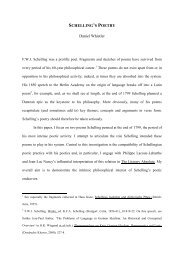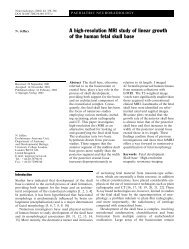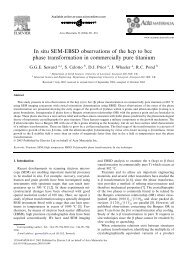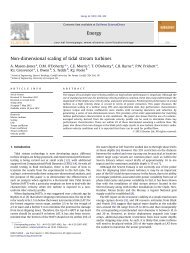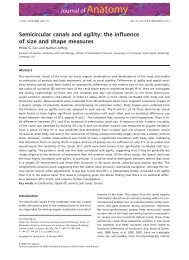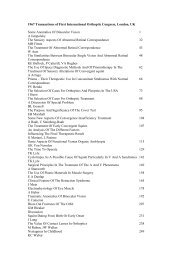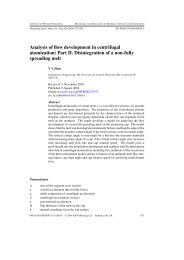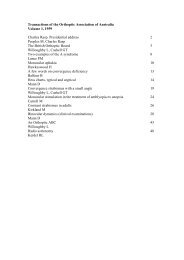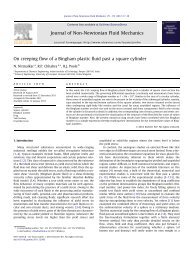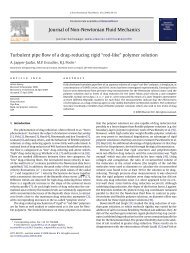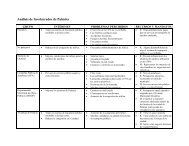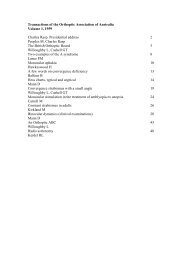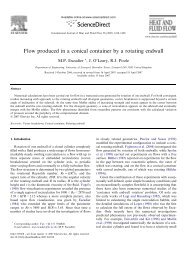The Discipline of Pious Reason: Goethe, Herder, Kant Daniel ...
The Discipline of Pious Reason: Goethe, Herder, Kant Daniel ...
The Discipline of Pious Reason: Goethe, Herder, Kant Daniel ...
Create successful ePaper yourself
Turn your PDF publications into a flip-book with our unique Google optimized e-Paper software.
neoplatonic forms <strong>of</strong> piety and the establishment <strong>of</strong> a new, modern alternative based<br />
on autonomy, separation and ultimately indifference towards the divine.<br />
To comprehend this ‘ideological’ employment <strong>of</strong> Spinoza, we must turn to the context<br />
<strong>of</strong> Liebe und Selbstheit—a burgeoning ‘ethical neo-Spinozism’ in 1770s and early<br />
1780s Germany. <strong>The</strong>re were a number <strong>of</strong> German thinkers at this period (including<br />
<strong>Herder</strong> and Lessing) who took part in a recovery <strong>of</strong> Spinoza’s thought, but did so by<br />
‘reading the Ethics back-to-front’. Instead <strong>of</strong> concentrating on Parts I and II <strong>of</strong> the<br />
Ethics with their stress on metaphysics and the ultimate unity <strong>of</strong> all reality, this<br />
‘ethical neo-Spinozism’ sought to reinvent Spinozism by appropriating insights from<br />
the latter parts <strong>of</strong> the work on human desires and emotions. Avoiding Spinoza’s<br />
pantheism, these thinkers were far more interested in his accounts <strong>of</strong> conatus and<br />
joyful passions.<br />
<strong>The</strong>refore, prior to the pantheism controversy in 1785—when Jacobi published his<br />
Briefe and so when Spinoza-reception went mainstream—there was a period in which<br />
Spinoza was used as a resource for moral philosophy. 15 During the 1770s and early<br />
1780s, <strong>Herder</strong> frequently makes clear his adherence to the later portions <strong>of</strong> the Ethics.<br />
For example, he writes,<br />
Without doubt Spinoza was no Christian and no enthusiast. But take the purely<br />
ethical part <strong>of</strong> his Ethics, quite separately from his metaphysics, and see… in the<br />
simplest and most powerful way [Christian ethics] confirmed by facts, and<br />
grounded in its whole design. (Quoted in Bell, 1984, p. 55)



